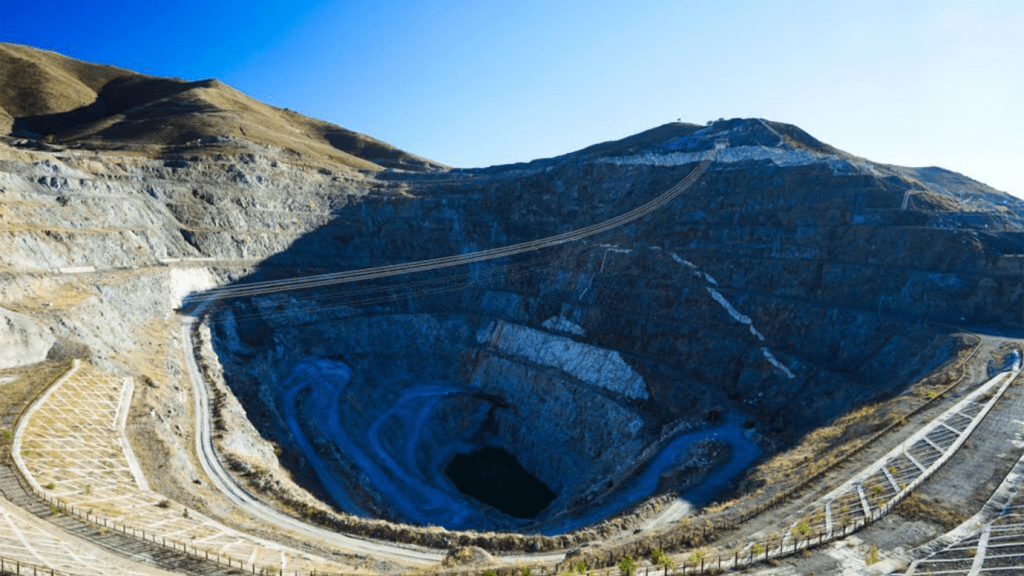
Canada Appeals for International Firefighting Aid
June 09, 2025: Canada has issued an international appeal for firefighting support as wildfires intensify across multiple provinces

June 23, 2022: -Chinese companies that produce raw materials for electric vehicle batteries show indications of using forced labor, according to The New York Times.
The newspaper reports that mining conglomerate Xinjiang Nonferrous Metal Industry employs hundreds of Uyghurs, an ethnic minority in China, as part of a work transfer program.
The Times reported China is acknowledging running a program that moves Uyghurs and different ethnic minorities from the south of Xinjiang to the north to work in industrial jobs.
The U.S. State Department last time noted, citing an independent researcher, that transferred workers are at risk of being forced into labor. It has also previously mentioned Chinese academic publications that “described labor transfers as a crucial is meaning to fragment Uyghur society and mitigate the ‘negative’ impact of religion.”
In social media posting a translated by the Times, Xinjiang Nonferrous said workers from predominantly Muslim minorities are lecturing on “eradicating religious extremism” and become workers who “embraced their Chinese nationhood.”
Chinese authorities have denied that the country imprisons or enslaves Uyghurs. On Tuesday, Chinese Foreign Ministry spokesperson Wang Wenbin said the claims of forced labor in Xinjiang are a “huge lie made up by anti-China forces to denigrate China.”
He added that the rights of workers of all ethnic groups in Xinjiang are duly protected.
Xinjiang’s Nonferrous Metal Industry produces minerals and metals, including lithium, nickel, and copper. Meanwhile, the New York Times reported. The Times reported that it had exported metals to the United States, Germany, U.K., Japan, and India. It’s unclear whether these relationships are ongoing.
The report was published on the eve of the Uyghur Forced Labor Prevention Act taking effect in the United States. The legislation banned goods made with forced labor in Xinjiang from entering the U.S. market.
The Times reported that many companies could have a link to Xinjiang in their supply chains. If completely enforced, many products, including some needed for electric vehicles, stop at the border.
We provide the insights on leaders who are responsible for taking their organization to new heights, all the while bringing together a group of talented individuals.

June 09, 2025: Canada has issued an international appeal for firefighting support as wildfires intensify across multiple provinces

May 27, 2025: Air Canada Cuts Five U.S. Routes for Winter 2025–26, Part of Broader Cross-Border Retrenchment

May 26, 2025: Trump Freezes $2.2B in Federal Grants to Harvard Over DEI, Threatens Tax-Exempt Status.

May 14, 2025: Microsoft has announced plans to reduce its global workforce by approximately 3%, affecting roughly 10,000 employees across multiple departments.

May 13, 2025: The Trump administration is considering suspending the constitutional right of habeas corpus in a bid to accelerate mass deportations.

April 29, 2025: Donald Trump’s second term has reached the 100-day mark under sustained public skepticism, with national approval ratings